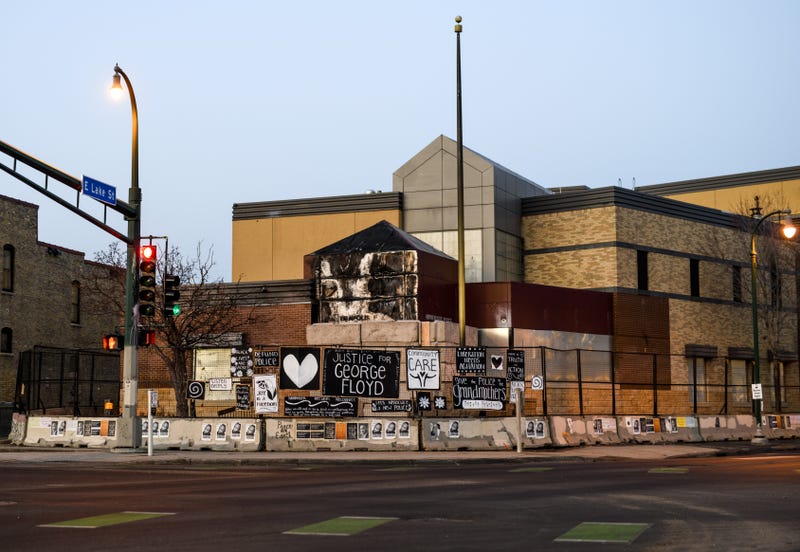
As the Third Precinct building burned during the Minneapolis protests of 2020, officers on the other side of the city were destroying caches of documents, including inactive case files, search warrants, and records of confidential informants, according to a new report from the Star Tribune.
Listen to your favorite News/Talk station now on Audacy.
Minneapolis police officer Logan Johansson disclosed that he and other investigators at the Second Precinct decided to destroy documents after the Third Precinct began to burn on May 28, a private police report said.
The decision was made "in direct response to the abandonment of the Third Police Precinct in Minneapolis by city leadership."
The destruction of documents at the Second Precinct was to keep sensitive information out of the wrong hands, Johnasson wrote.
However, protests never came more than 5 miles from the precinct as most protests took place at, or in the vicinity of, the Third Precinct. Some who broke into the precinct did steal items within the building.
The information at the Second Precinct, if obtained, could have put the lives of CIs and other various cooperating defendants at risk, experts agreed. However, the decision to destroy the files is at the center of a legal battle playing out in Hennepin county Courts.
Public defender Elizabeth Karp said the officers acted without oversight and against policy when they destroyed critical evidence in the charges against her client, 36-year-old Walter Power.
Power was charged with a felony for allegedly selling drugs, and the police collected evidence against him that was destroyed. Karp has now motioned, asking the judge to throw out the case.
Karp has also asked Judge Todd Fellman to issue an order that will prohibit police from "destroying or misplacing any more evidence related to this case."
Karp continued to write in her documents that it appears unrest will continue in the city and that the "court must ensure the integrity of the judicial system remains intact and that all evidence used to build a criminal case ... is preserved."
"We are conducting an internal investigation to understand what happened at the Second Precinct, how the decisions were made and whether there were broader issues with documents, records or files stored in our facilities during the riots," Minneapolis police spokesman John Elder said, the Star Tribune reported. "Any disciplinary decisions would be made through the normal process after an investigation."
A representative from Minneapolis Mayor Jacob Frey's office said that he supports the MPD's decision to investigate the incident.


